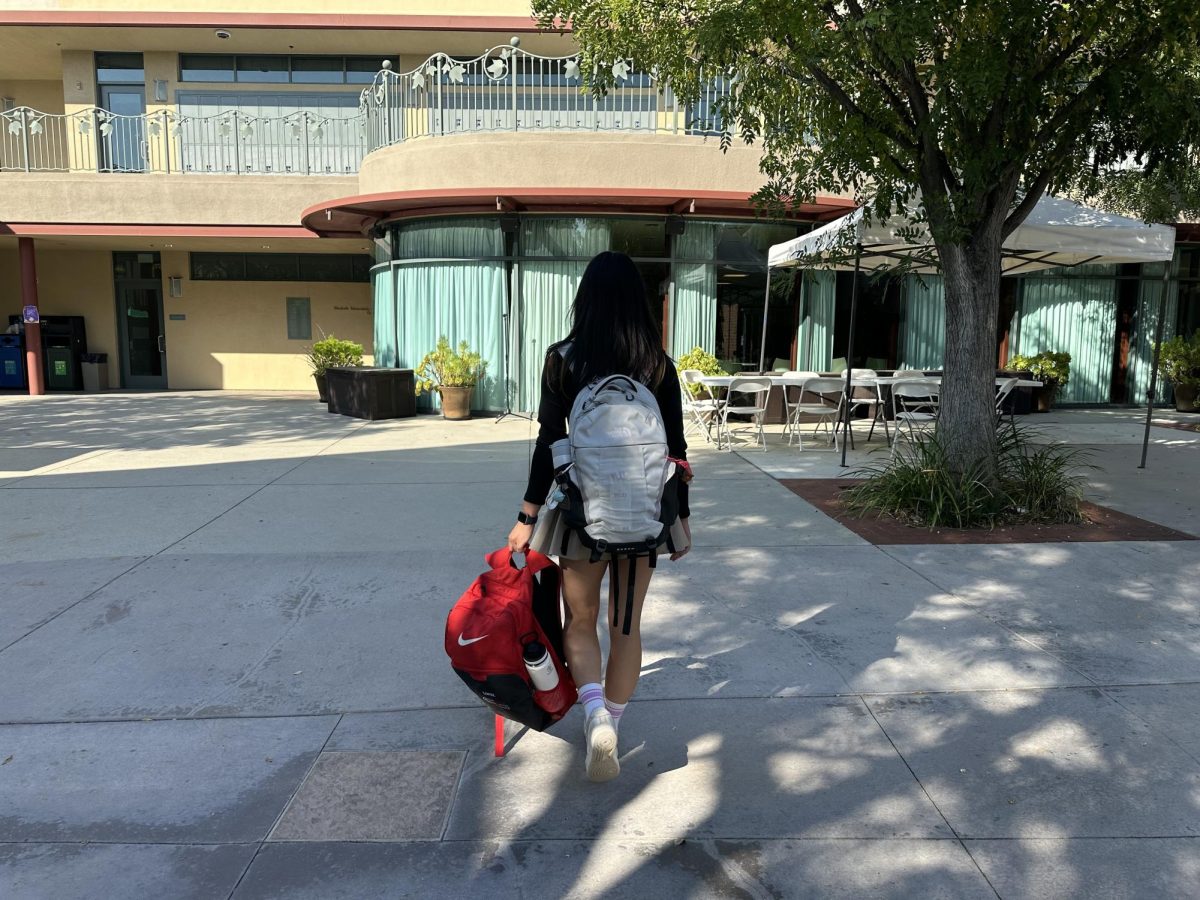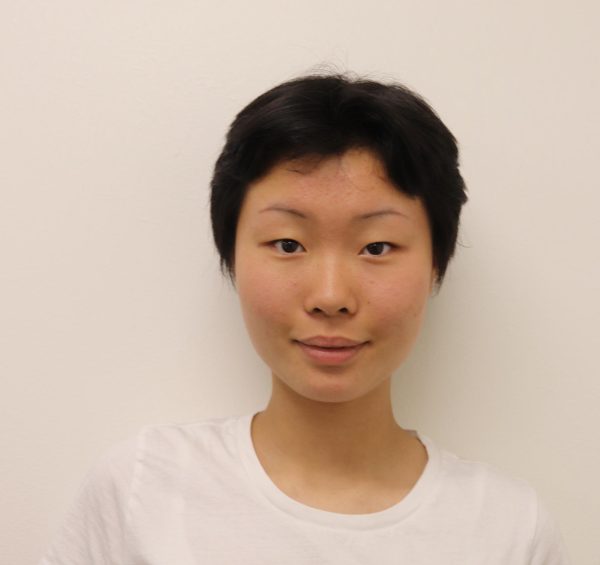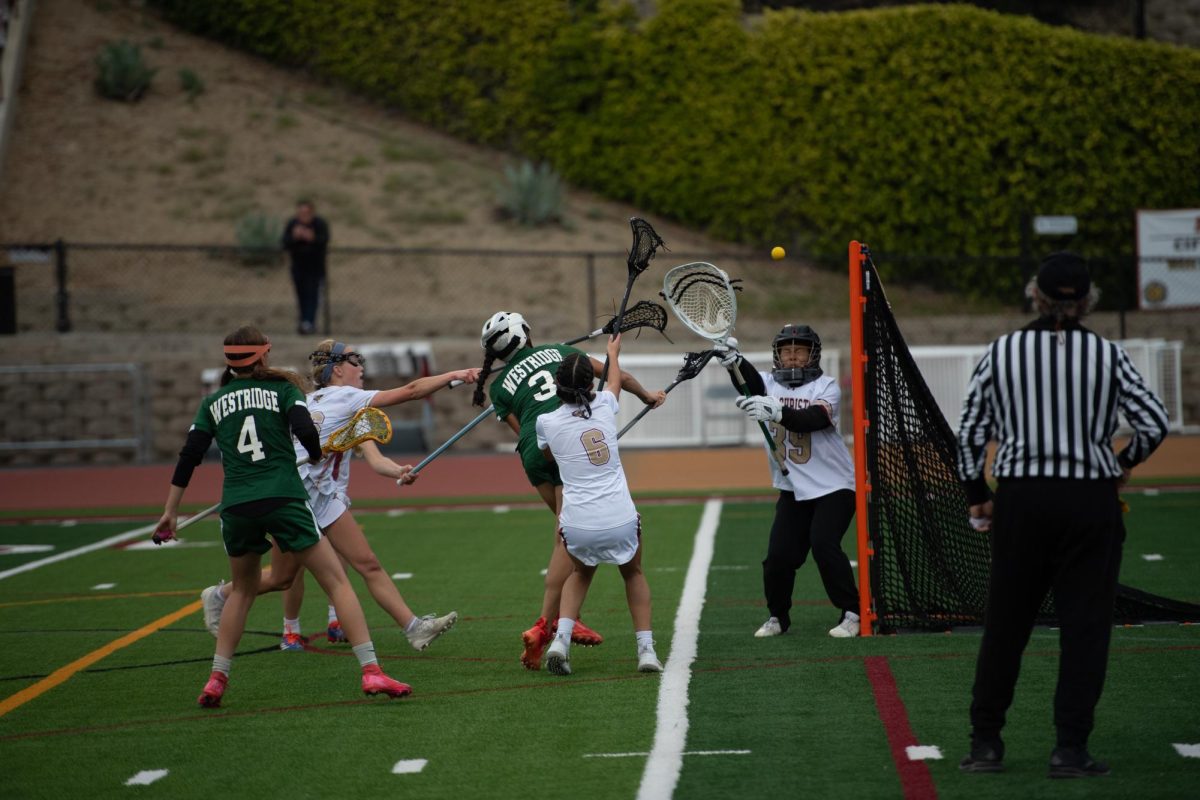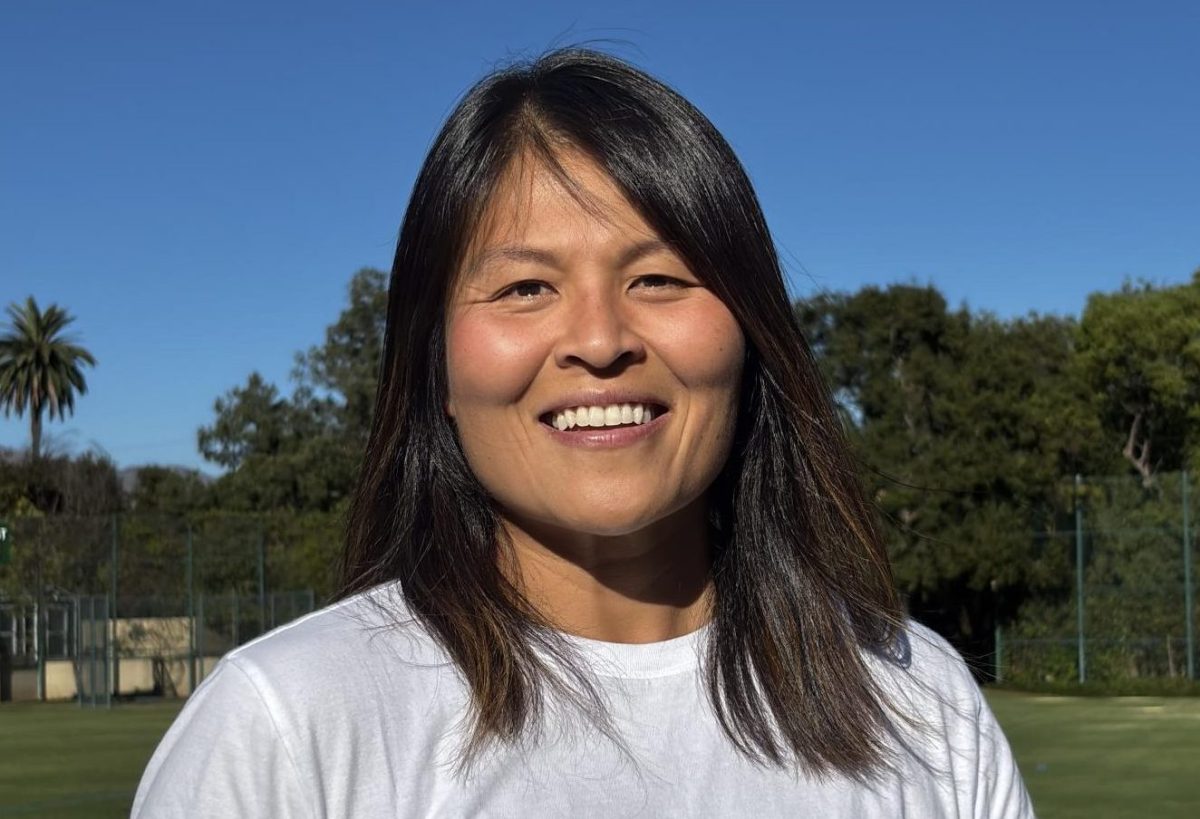Every school can be defined by a few prominent elements of its culture. For Westridge, it’s undeniably the academic rigor. Even the Director of Athletics Coach Melanie Horn agrees: “At Westridge, we are [an] academics first school.”
Although many students prioritize academic success, they still choose to participate in various extracurriculars, such as sports. In fact, 287 students of the Upper School participated in at least one competitive athletics team last school year, an average of 96 students per sports season—and for a good reason. Athletic teams offer a sense of community and relief from the stress of school. For some students, their athletic achievement isn’t just a part of who they are—it’s central to their identity and interests and can become a foundational part of their school experience.
“It’s nice to have this kind of separate group of people,” said Maddy G. ’24. She compares her soccer and lacrosse team to “Its own little friend group.” With daily two-hour practices punctuated by competitions and the additional travel to and from game locations, teams may spend more time in practice and competition together in a week than they do in class—so it’s inevitable that close relationships form.
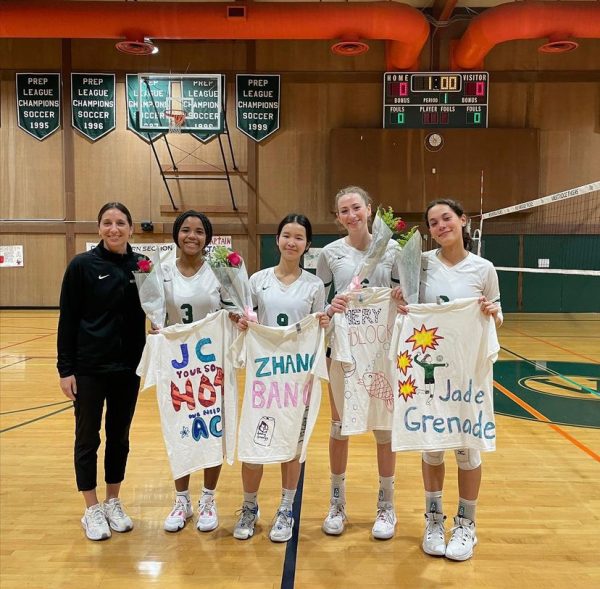
Athletes highlight the epic commutes to away games at Chadwick School, followed by team dinners at In-n-Out. “Most of my favorite memories are honestly outside of school,” Varsity basketball player Sarah K. ’24 said. “We were all just out and about last year when we went for our team dinner. And that was a really fun memory because it was just everyone being themselves without the pressure from coaches to perform well athletically. It’s just fun because you get to see a new side of everybody.”
Varsity basketball player Jaedyn T. ’25 shared her favorite part of her team: “The support [we] give each other whether it’s a win or a loss, just being there together, and the bond [we] have on court and off court and all the memories [we] make together. I love that.”
Varsity volleyball player Jordan B. ’25 recalled that her “favorite memory is just the bus rides where you have long conversations and we’re joking around…But then it’s also sad to a certain degree because we’re all thinking about the seniors graduating. It’s like we get to our closest point as the season ends. So those are the best memories and the worst ones.”
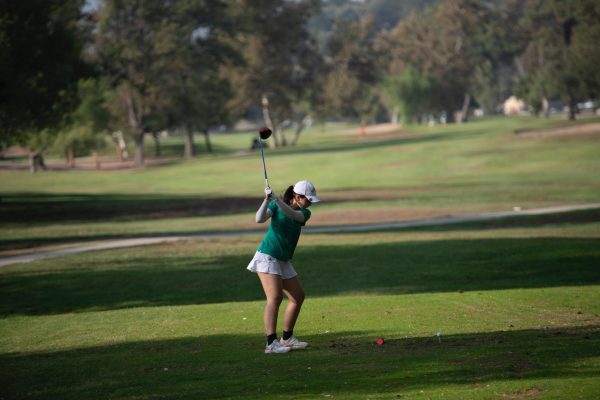
“I think I’ve only taken one full math class [this year]. It’s one of the core classes…I always feel like I’m missing out,” she said. Because Jennifer doesn’t know the exact material gone over in class, she sometimes feels underprepared for tests and quizzes. “I don’t know if the teacher might have mentioned this [thing in class], and maybe he forgot to fill me in [on another thing]. I got an email saying that I have a quiz tomorrow. And I was like, ‘Oh, my god.’”
Willow N. ’25, who has played varsity volleyball since her freshman year, added: “I wish I could have spent longer studying for some of my tests, but that wasn’t really an option [with volleyball].”
Jordan B. ’25 shared a different—but popular—opinion. For Jordan and some other athletes, the intensity of their sport motivates them to finish homework faster. “To a degree, I feel like having a more packed schedule actually does help you get your work done faster because it’s like you almost don’t have time to procrastinate,” she said.
In season, while the demands on student athletes’ increase, one thing does not: time. Student athletes know how crucial time management is to their overall success—both academic and athletic. Squeezing it all in is its own athletic balancing feat, but most athletes admit the one area that suffers most is sleep.
Sacrificing sleep may seem like the first and easiest ball to drop, but chronic sleep deprivation can have detrimental effects on student athletes’ overall performance, impacting their focus and making them more prone to injuries.
Coaches are sympathetic to athletes whose commitments extend beyond the playing field or athletic court. “You can have academics, sports, social life and sleep, but maybe only three of them,” said Daniel Calymer, Flag Football Coach and Upper School Math Teacher. “I think sometimes students choose to give up sleep, which I think is a tricky thing.”
Coach Horn agreed. “I know that sleep deprivation is real,” she said. “Some kids that are trying to do both [putting full effort into sports and academics] aren’t getting quite enough sleep, and that affects everything. That affects their performance in athletics and their performance in the classroom.”
Coach Horn views balancing sports and schoolwork as a challenging tradeoff. “When you have so many things on your plate, what [do you have to] take away?” She asked.
Isabel d. L. ’26, three-sport varsity athlete, added: “You have to sacrifice something, [either practice or academics], and I’ve learned my lesson. I’ve gone to practices when I have huge loads of homework, and I end up stressing myself out the next day.”
Despite the many challenges, student athletes somehow manage to complete their work, manage their time, and focus on school. Westridge student athletes’ commitment to both academics and sports shows their passion for the activities they do and their strong work ethic, and they truly are an outstanding representation of our athletic department. Sarah K. ’24 said in reflection, “I think if I didn’t participate in high school sports, I would regret it—because it’s just something you’ll never get to experience again.”




























![Dr. Zanita Kelly, Director of Lower and Middle School, pictured above, and the rest of Westridge Administration were instrumental to providing Westridge faculty and staff the support they needed after the Eaton fire. "[Teachers] are part of the community," said Dr. Kelly. "Just like our families and students."](https://westridgespyglass.org/wp-content/uploads/2025/03/dr.-kellyyy-1-e1748143600809.png)






















